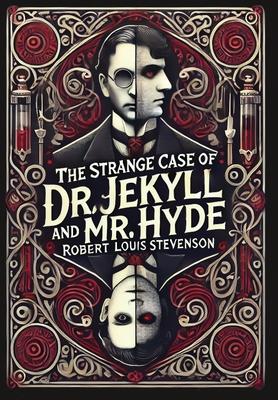In the shadowy streets of Victorian London, a terrifying figure named Mr. Hyde stalks the night, leaving a trail of fear and violence in his wake. Behind closed doors, the respected Dr. Jekyll harbors a dark secret-a revolutionary experiment that has unleashed this monstrous alter ego. As Hyde's brutal actions escalate, the boundaries between the two identities blur, drawing suspicion from those closest to Jekyll. What begins as a quest to master human nature spirals into a chilling battle between good and evil, with devastating consequences looming.
Robert Louis Stevenson's The Strange Case of Dr. Jekyll and Mr. Hyde holds a pivotal place in literary history as one of the earliest and most compelling explorations of duality within the human psyche. Its portrayal of the split between good and evil has influenced countless works in literature, psychology, and popular culture. Written during the late 19th century, a time of rapid scientific and social change, the novella taps into Victorian anxieties about identity, morality, and the potential dangers of unchecked scientific ambition. Its themes resonate today, making it a timeless reflection on the complexity of human nature.
